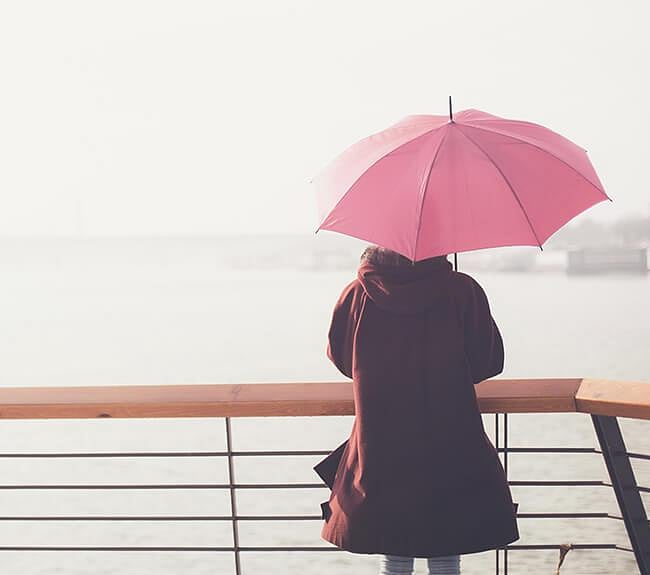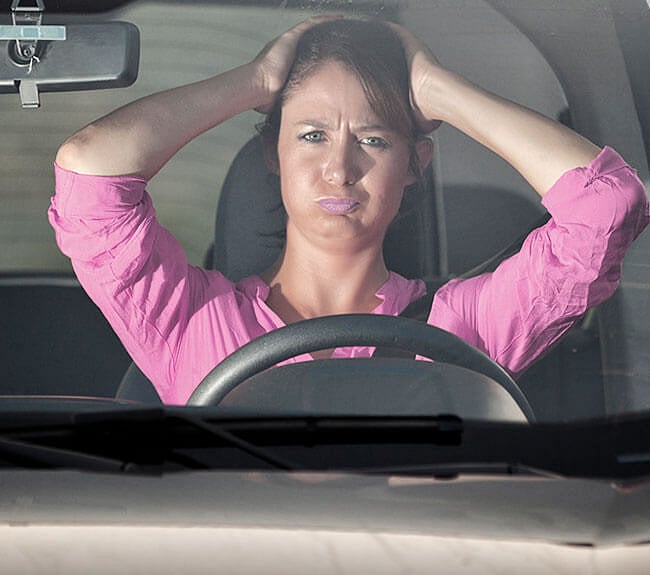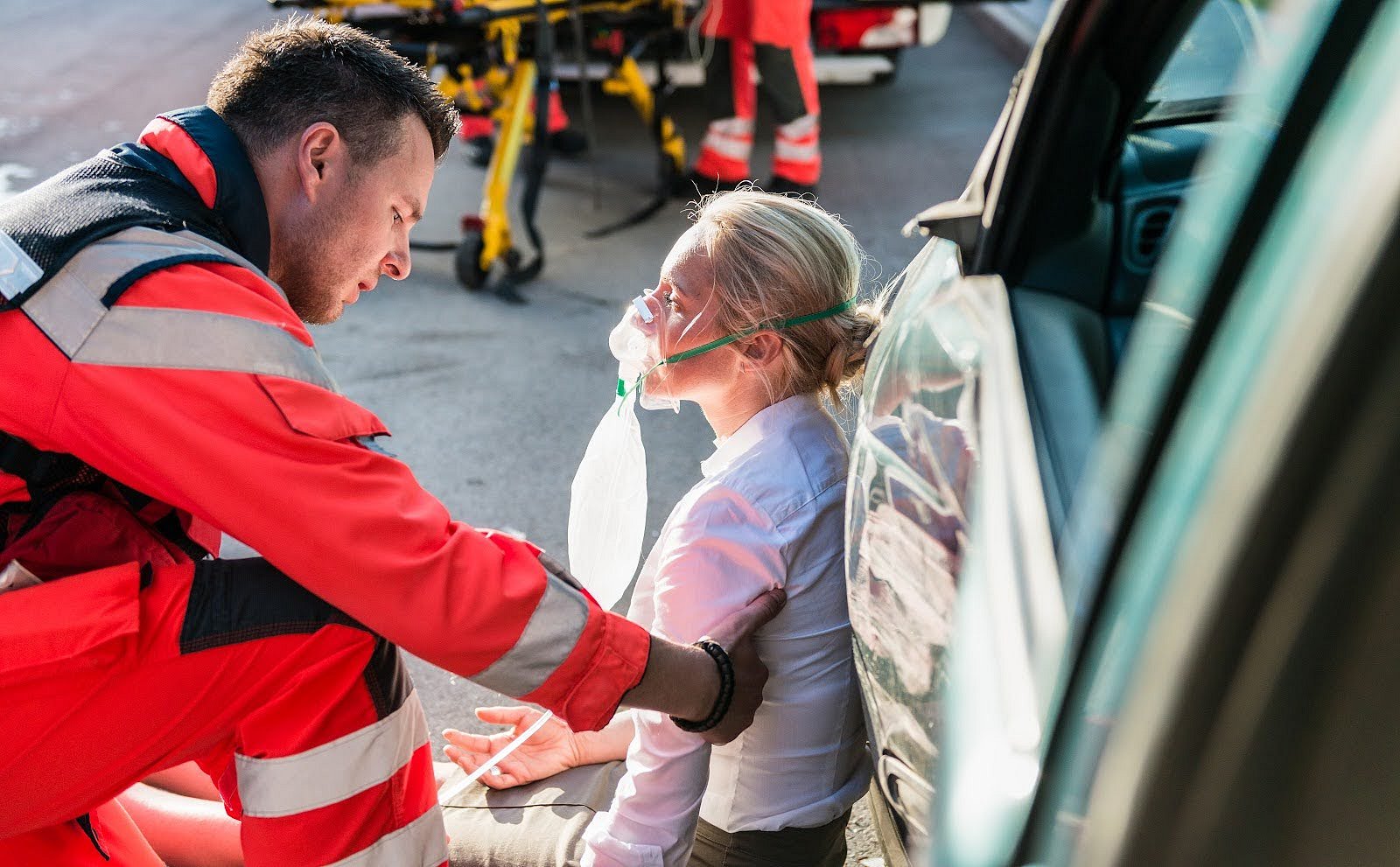New Customer Sales: 0861 33 93 39 | Existing Customer Sales, Services & Claims: 0861 33 93 39 | 24 Hour Emergency Assistance: 0860 10 42 12

Stay safe during tropical cyclone Dineo
The severe tropical cyclone, Dineo, is set to make landfall imminently and as such, we would like to ensure our customers stay safe during the heavy rains that are reported to follow over the course of the week.
Residents in parts of Mpumalanga, Limpopo and Northern KwaZulu-Natal, in particular, have been warned to take care as heavy rains are expected across these areas.
If you live in one of these areas, we’ve prepared some tips to help you keep yourself and your loved ones safe.
HEAVY RAIN:
- Try to make arrangements to park your car undercover and delay travelling until the storm has subsided.
- If you are caught in a heavy storm, look for cover, such as a covered car park, a petrol station or under a bridge. However, take extreme care when pulling over; put on your hazard lights, and don’t risk your safety or the safety of others by dashing madly for cover.
- Don’t park under trees as there is a danger of falling branches and debris. Stay in your car and only leave the safety of your sheltered spot when the storm has passed.
- If you’re on the road and visibility is too poor or the road is too slippery, rather pull over and switch on your car’s hazard lights until visibility or traction improves.
- If possible, make sure that any dead and rotting branches are removed from trees to avoid the risk of falling debris during a severe storm. Also, ensure that debris is removed from roofs and gutters.
- If you have outdoor furniture, make sure it is safely stored or firmly secured.
- The power surge of a lightning strike can easily overload most appliances and devices. It’s best to unplug these before the storm arrives.
FLOODS:
- It is a good idea to purchase your own supply of sandbags which can be placed against doorways and low-level vents in times of flooding to help minimise the amount of water that enters your home. Also, move high-value items to the highest possible floor or shelf if a flood threatens.
- General and regular home maintenance, like clearing debris from gutters, is essential and will most definitely limit damages and discomfort in times of disaster.
- Turn off gas and electricity if flooding occurs.
- Rather do not attempt to drive in flood conditions. Remember that just 15cm of moving water can knock you off your feet and water just 60cm deep can sweep a vehicle away. Generally, if the water is deeper than the bottom of your doors or the bottom third of your wheels, it is not advisable to drive through it.
- Flash flooding often occurs when rivers flow over low-lying bridges. Avoid crossing bridges or roads next to rivers during heavy rains. If you do get stuck on a flooded road, it’s best to switch to the lowest possible gear and proceed slowly. If you approach a flooding stormwater drain at speed, rather take your foot off the accelerator slowly and let your speed drop gradually; if you use the brakes suddenly, your car may skid or aquaplane.
- If you’re unable to drive your car during flooding, rather abandon the vehicle and climb to higher ground. It is dangerous to try and drive out of the water to safety.
If you need to make a claim due to damage from these storms, you can get in touch with us by calling 0861 11 18 05 or you can send an email to [email protected].
Was this helpful?
Related Posts





